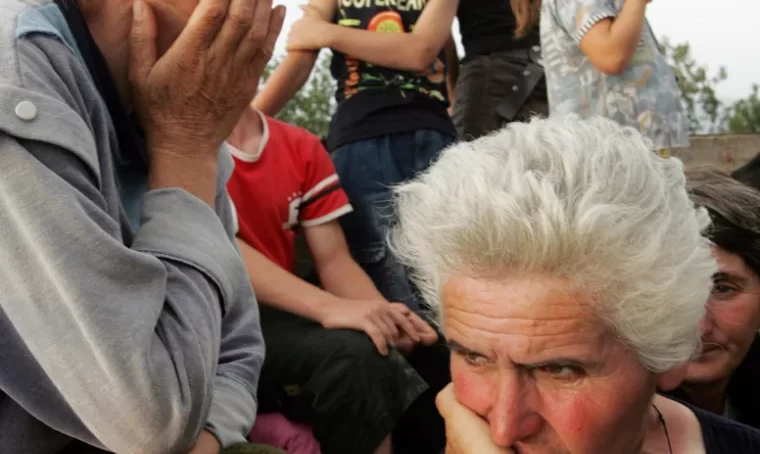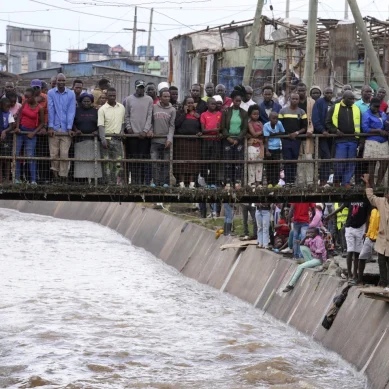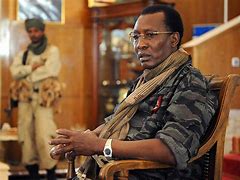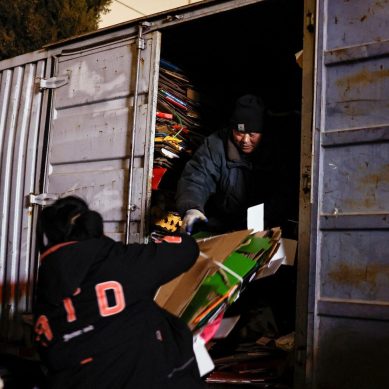
Even before the war in Ukraine, some 40 per cent of the population in Georgia faced difficulties accessing enough safe and nutritious food for an active and healthy life, according to the UN.
The number was around 32 per cent in 2014-2016. More than one in five adults were obese and more than one in four women of reproductive age anaemic, which some attributed to a starch- and bread-heavy diet.
Economists cite the arrivals of Russians – at least 112,000 have reportedly moved to Georgia this year – and their money as one reason for Georgia’s economic boom, yet locals who have been squeezed out by the newcomers are not seeing improvements in their lives.
“The market thinks that wealthy people have entered the country and can afford 12 lari for a bunch of grapes, and that if a citizen of Georgia can’t buy it Russians will,” said Khurtsilava, the entrepreneur.
He and his wife moved when their landlord more than doubled the rent, from $200 to $450 a month. It is now rented to Russians, and his new neighbour is also a Russian who pays $500 for rent, he added.
More than 160,000 Ukranians have entered Georgia since the war began, but only around 25,000 remained in the country as of November, according to UNHCR, the UN’s refugee agency. The Georgian government is providing 300 lari a month to each Ukrainian family, plus an additional 45 lari per individual. UNHCR and World Vision are also giving them cash support.
For many Georgians, memories of the 2008 conflict with Russia over two breakaway regions, South Ossetia and Abkhazia, are still fresh.
They are really concerned that having a large population of Russians could again threaten their sovereignty, said Action Against Hunger’s Maxfield, who is worried humanitarian aid will become even more politicised.
“We already hear of one donor not wanting to fund any more occupied territories, which for us would be disastrous to see because we work in Abkhazia,” she said. “And there’s a lot of very poor and vulnerable people that we would like to continue working with [there].”
Sandwiched between Iran, Turkey, and Russia, the South Caucasus countries of Georgia, Armenia and Azerbaijan are still dealing with both internal political and socio-economic struggles and volatile international geopolitics.
Armenia is also struggling with high inflation and reduced purchasing power, and donors should be aware of the potential for the situation to return to one where aid agencies were “providing purely humanitarian aid,” Maxfield added.
As a way to adapt to a changing climate, Nino Chkhobadze, chairperson of Friends of the Earth Georgia, is advocating for testing more traditional crops and focusing on organic farming, as well as for a more ambitious climate action plan.
“It is becoming clear how challenging climate change is for agriculture. Everyone who did not have automated irrigation systems struggled to get a good harvest [this year],” said Chkhobadze, who also stressed the need for a water law to regulate its use.
One of those who suffered is Lado Chikovani, who has been farming hazelnuts for decades in Samegrelo in western Georgia. He usually harvests 20 tonnes a year. This year, he only got nine tonnes, the result of an abnormal drought in June when the heart of the nut fills and grows.
“It is becoming clear how challenging climate change is for agriculture. Everyone who did not have automated irrigation systems struggled to get a good harvest this year.”
“Because of the exceptionally hot weather, the water was not supplied to the crop. Bearing fruit required consistent weather, with rain once a week and normal temperatures the rest of the time,” he said.
Now his profit has been cut in half. He could have alleviated the problem with an irrigation system, but like cattle breeder Matiashvili, it is too expensive for him.
“I won’t be able to install anything next year either. I’ll just have to rely on the weather once again,” he added.
The drought came after years of battling the brown marmorated stink bug, which has been devastating hazelnuts, Georgia’s largest agricultural export. Rising prices of insecticides, fertilisers and other chemicals are now making it harder for farmers to tackle this problem effectively, Chikovani said.
Farmers, aid workers, and others interviewed said they’re concerned about what the future holds. If the situation worsens, there could be an influx of people leaving both Georgia and Armenia for better livelihood opportunities elsewhere, said Action Against Hunger’s Maxfield.
Many have already made the journey, according to Sharangia, who recalled a family of five who sold everything they owned and paid $45,000 to get to America.
“Their motivation for leaving… was to provide a better education for their children. The husband was a craftsman who used to build houses, and worked hard, but his pay was inadequate,” he said.
Now Sharangia meets Georgians everywhere in the United States, including those who used to be lecturers and high-ranking officials. Some have travelled the same route as himself. Sharangia’s mother worked in Russia for over two decades to support them, with the hope they would not have to leave their homes.
“My mother used to say that she put all of her resources into our education as she believed that would save us from the necessity of migration, but she was wrong,” said Sharangia, a university graduate who studied public administration law but was unable to land a job. “We were unable to break this chain.”
*These interviewees’ names have been changed to protect their identities for security reasons.
– The New Humanitarian report











